
Findings from a phase 2 trial highlighted lacosamide's effectiveness and safety in treating neonatal seizures, showing significant seizure reduction and tolerability in patients.

Findings from a phase 2 trial highlighted lacosamide's effectiveness and safety in treating neonatal seizures, showing significant seizure reduction and tolerability in patients.

New data highlights cenobamate's effectiveness in reducing focal seizures in Asian populations, showcasing significant improvements and potential long-term benefits for patients.

New AES 2025 data reinforce zorevunersen’s disease-modifying potential in Dravet syndrome, showing durable seizure reduction, functional improvements, and a consistent safety profile.

Recent analysis reveals Epidiolex significantly reduces seizures in patients with various developmental epileptic encephalopathies, showcasing its broad effectiveness.

Despite the availability of antiseizure medications approved for Dravet syndrome, a recent survey presented at AES 2025 showed that these therapies remain underutilized in patients.

A study reveals EEG and MRI biomarkers in MOGAD patients with epilepsy, highlighting potential early indicators for refractory epilepsy and improved treatment outcomes.

Following stiripentol’s market authorization in Japan in November 2012, a postmarketing surveillance study was conducted in all patients with Dravet syndrome who initiated treatment.
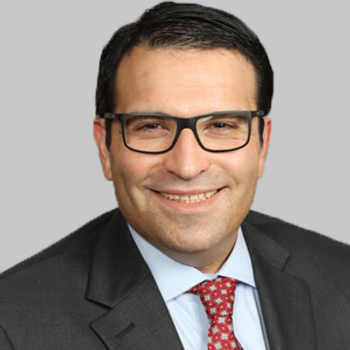
New findings reveal the challenges of treating pediatric epileptic encephalopathy with NBI-827104, highlighting the need for effective therapies.

New STIRUS data unveiled at AES 2025 demonstrate meaningful real-world reductions in seizures, status epilepticus, and healthcare needs with stiripentol in Dravet syndrome.

Jonathon Parker, MD, PhD, an assistant professor of neurosurgery and neuroscience at Mayo Clinic Arizona, provided commentary on the promise and roadblocks behind stem cell approaches in epilepsy.

A duo of experts discussed the importance of addressing barriers such as provider comfort, access to genetic counselors, and insurance coverage to reduce diagnostic latency and standardize genetic testing for epilepsy. [WATCH TIME: 5 minutes]

Pediatric epilepsy specialists Adam Numis, MD, and Laura Kirkpatrick, MD, highlighted efforts to standardize data collection for pediatric epilepsy health equity and improve neonatal epilepsy outcomes.

Jessica Nickrand, PhD, and Allyson Eyermann from the Child Neurology Foundation emphasized the importance of multidisciplinary collaboration for children with epilepsy and their families.

Leah Blank, MD, an assistant professor of neurology, population health, science, and policy at the Icahn School of Medicine provided commentary on some of the experience and positive movement from the 2024 American Epilepsy Society Annual Meeting.

The professor of neurology at NYU Grossman School of Medicine talked about using responsive neurostimulators to seek shortened drug evaluation timelines and enhance epilepsy treatment.
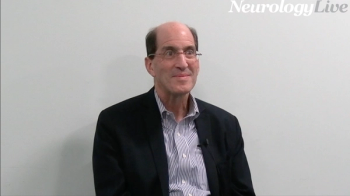
The chief medical officer at Stoke Therapeutics discussed recent developments for zorevunersen, including the significance of breakthrough therapy designation and its plan for a phase 3 trial. [WATCH TIME: 5 minutes]

James Wheless, MD, FAAP, FAAN, FAES, Le Bonheur Chair in Pediatric Neurology at the University of Tennessee Health Science Center, shared insights on his presentation from AES 2024, focusing on stiripentol, an FDA-approved treatment for Dravet syndrome.
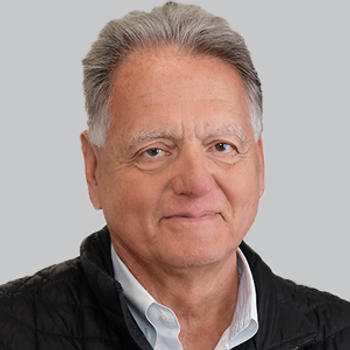
The global Phase 3 trial aims to enroll ~150 patients with Dravet syndrome who have SCN1A variants, assessing zorevunersen's impact on seizure frequency, behavior, cognition, and safety over 60 weeks, with results expected by 2027.

Lekha Rao, MD, an epileptologist at UCLA Health, discussed the challenges in diagnosing D/EE-SWAS, the importance of early EEG, and the need for greater awareness around this rare and complex epileptic condition.

Babitha Haridas, MD, MBBS, a pediatric epileptologist at Johns Hopkins Medicine, discussed the complexities with managing status epilepticus in Lennox-Gastaut syndrome, focusing on the importance of identifying triggers early in their condition.
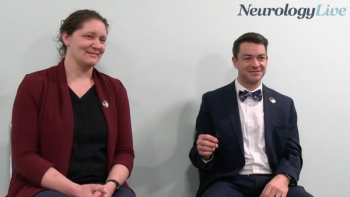
A duo of experts discussed the importance of addressing barriers such as provider comfort, access to genetic counselors, and insurance coverage to reduce diagnostic latency and standardize genetic testing for epilepsy. [WATCH TIME: 5 minutes]
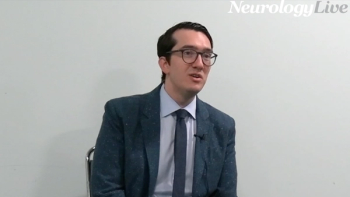
The assistant professor of neurosurgery and neuroscience at Mayo Clinic Arizona discussed an ongoing early-stage study assessing the therapeutic potential of NRTX-1001 nerve cell therapy in drug-resistant unilateral mesial temporal lobe epilepsy. [WATCH TIME: 5 minutes]
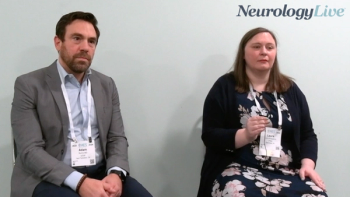
At AES 2024, a duo of pediatric epilepsy specialists discussed how implementation science, validated blood biomarkers, and cross-disciplinary collaboration are advancing epilepsy care and closing research gaps. [WATCH TIME: 3 minutes]
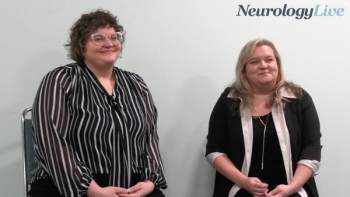
A duo from Child Neurology Foundation discussed advancing care, providing education for all stakeholders, and offering direct support to families, clinicians, and caregivers navigating neurological conditions for pediatric patients. [WATCH TIME: 5 minutes]

The chief medical officer at Stoke Therapeutics sat down at AES 2024 to discuss the promising data behind STK-001, an investigational antisense oligonucleotide in development for Dravet syndrome.
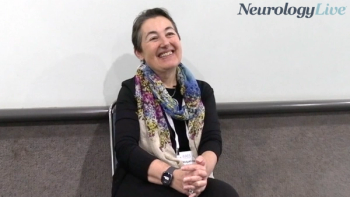
The professor of neurology at NYU Grossman School of Medicine discussed a pioneering study using long seizure episodes to optimize treatment devices and identify effective antiseizure drugs in epilepsy care. [WATCH TIME: 2 minutes]

A duo of experts talked about 2 studies presented at AES 2024 that used the Pediatric Epilepsy Research Consortium genetics database to study factors influencing latency in genetic testing and drug-resistant epilepsy. [WATCH TIME: 5 minutes]

At AES 2024, a duo of pediatric epilepsy specialists highlighted a Pediatric Epilepsy Research Consortium review on the need for standardized socio-demographic data and better follow-up for at-risk infants. [WATCH TIME: 5 minutes]

A duo from the Child Neurology Foundation discussed multidisciplinary collaboration, innovations in epilepsy care, and the importance of holistic, family-centric approaches to improving patient outcomes at AES 2024. [WATCH TIME: 5 minutes]

The professor of neurology at NYU Grossman School of Medicine discussed how innovative startups are using proof-of-concept studies and devices like responsive neurostimulators to improve patient outcomes. [WATCH TIME: 6 minutes]